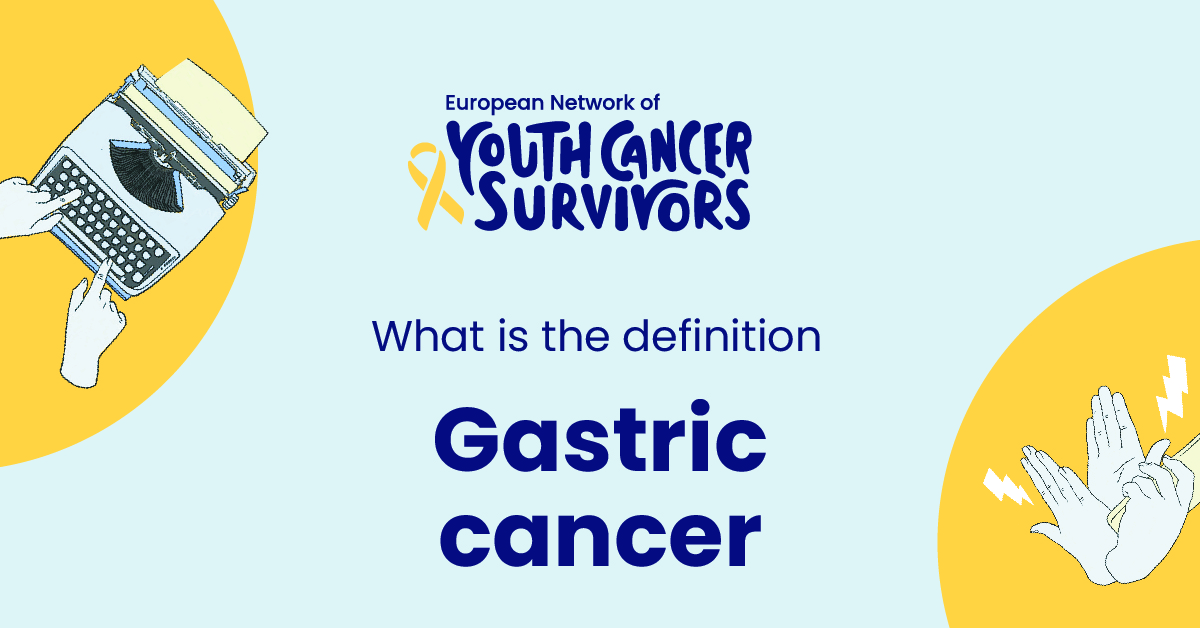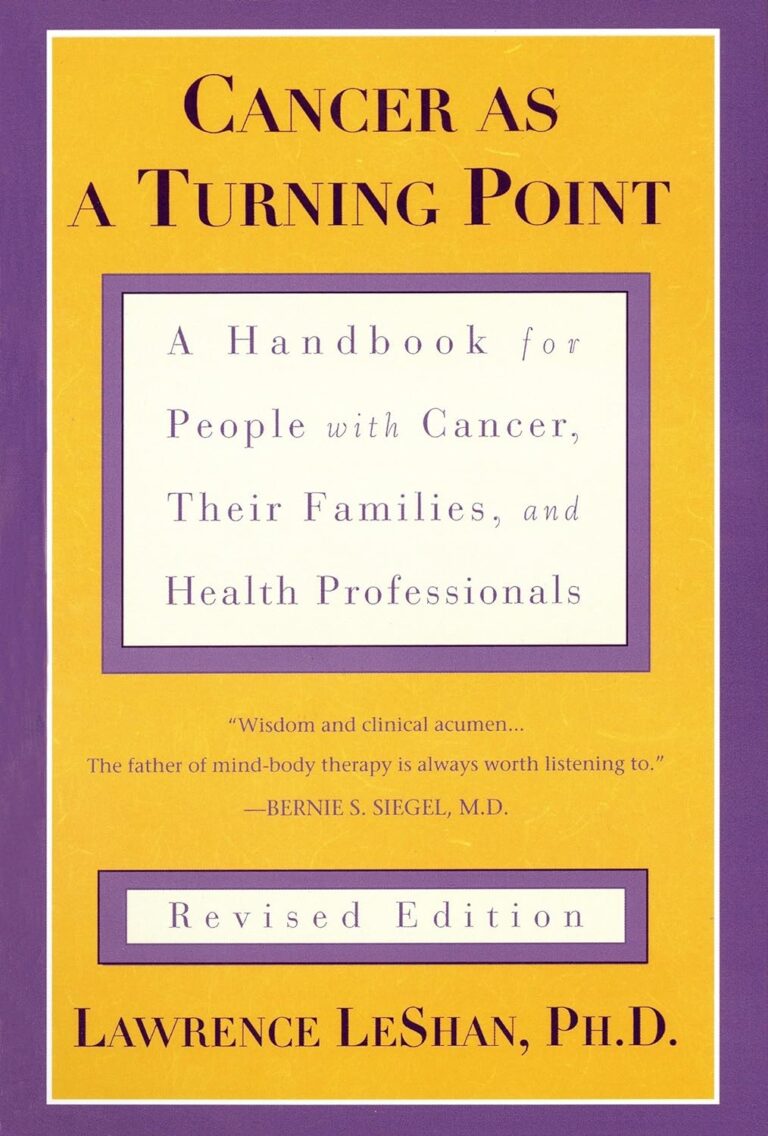
In the vast field of healthcare and medical science, our attention is often directed towards those diseases that are prevalent, have a high fatality rate, or impact our lives in a significant way. One such disease is gastric cancer – a type of cancer that is quite common and poses a significant health risk globally. Here, we aim to delve deep into the nuances of gastric cancer in order to broaden our understanding and awareness of this disease.
What is Gastric Cancer?
Gastric cancer, also known as stomach cancer, is a type of cancer that begins in the stomach – the muscular sac located in the upper middle part of your abdomen. The stomach is responsible for the early stages of food digestion.
The development of gastric cancer is a complex and gradual process that starts when healthy cells in the stomach become abnormal and grow uncontrollably, forming a mass or tumor. These cells can invade and destroy other tissues, spread to other parts of the body and cause injury to various organs.
Types of Gastric Cancer
Adenocarcinoma
The most common type of gastric cancer is adenocarcinoma, which starts in the mucus-producing cells on the inner lining of the stomach, accounting for about 90% of all gastric cancer cases.
Gastrointestinal Stromal Tumors
Gastrointestinal stromal tumors (GISTs) occur in the wall of the stomach but are relatively rare.
Lymphomas
Stomach or gastric lymphomas are a type of cancer that starts in the lymphatic tissue of the stomach. This tissue is part of the body’s immune system.
Carcinoid Tumors
Carcinoid tumors start in hormone-producing cells of the stomach and typically don’t spread beyond the stomach.
Causes and Risk Factors of Gastric Cancer
Infection with Helicobacter Pylori
Chronic infection with Helicobacter pylori bacteria can cause inflammation and pre-cancerous changes to the stomach lining, leading to gastric cancer.
Unhealthy Diet and Lifestyle
Diets high in salted, smoked or pickled foods, smoking, and alcohol increase the risk of stomach cancer. Conversely, diets rich in fruits and vegetables may have a protective effect.
Certain Gastric Conditions
Gastric polyps, gastritis, stomach surgery for other conditions, and certain inherited cancer syndromes can raise the risk of developing gastric cancer.
Get to know us better
If you are reading this, you are in the right place – we do not care who you are and what you do, press the button and follow discussions live

Symptoms and Detection of Gastric Cancer
Easy fatigue, feeling bloated after eating, severe and persistent heartburn, persistent nausea and vomiting, and unexplained weight loss are all early signs of gastric cancer.
Advanced gastric cancer often includes symptoms like stomach pain, jaundice (yellowing of the eyes and skin), ascites (accumulation of fluid in the abdomen), dysphagia (difficulty swallowing), and anemia.
For accurate diagnosis, several procedures may be used such as Endoscopy, Biopsy, Imaging tests like CT scan, MRI, PET scan, Ultrasound, and Laparoscopy.
Treatment Options for Gastric Cancer
Surgery
Surgery is typically the first line of treatment if the cancer is resectable. It may involve removing part or all of the stomach depending on the extent of the disease.
Radiation Therapy
This therapy uses targeted, high-energy rays to kill cancer cells. It can be used before surgery to shrink a tumor, or after to kill remaining cells.
Chemotherapy
Chemotherapy utilizes powerful drugs to kill cancer cells and can be administered orally or through a vein. It’s often used before or after surgery.
Targeted Therapy
This treatment targets specific abnormalities in cancer cells, inhibiting their growth. It can be used alone or combined with chemotherapy or surgery.
Living with Gastric Cancer
Living with gastric cancer requires managing side effects like nausea, vomiting, and fatigue. There may also be psychological and emotional impacts such as feelings of shock, fear, or depression that need to be addressed with professional assistance.
Prevention and Control
Proactive measures include adopting a healthy diet low in processed foods and high in fruits and vegetables, avoiding smoking, limiting alcohol intake, and treating infections such as Helicobacter pylori. Regular screening and early detection are necessary for those at risk, as gastric cancer is curable when caught early.
Conclusion
Gastric cancer, with its diverse types and causes, poses a significant health concern. However, greater awareness about causes, preventive measures, and early detection significantly contributes to improved prognosis. Therein lies the importance of understanding this disease in depth.
FAQ’s
- What can I do to reduce my risk of developing gastric cancer?
Maintaining a healthy lifestyle, adopting a balanced diet, avoiding smoking, limiting alcohol, exercising regularly, and treating stomach infections can all contribute to reducing your risk.
- Is gastric cancer a genetic disease?
While most gastric cancers are sporadic, some have a hereditary component. If you have a family history of the disease, genetic counseling and testing may be advised.
- How is gastric cancer diagnosed?
Diagnosis often involves an endoscopy, biopsy, and imaging tests. Blood tests, including tumor marker tests, may also be used.
- What treatments are generally recommended for gastric cancer?
Treatment options depend on the stage and location of the cancer, the patient’s overall health and potential side effects. They may involve surgery, radiation therapy, chemotherapy or targeted therapy.
- Can gastric cancer be cured if detected early?
Yes, early detection significantly improves the prognosis for gastric cancer. The survival rate is higher in cases where cancerous growths are discovered and treated early.

















Comments
Thank you. Comment sent for approval.
Something is wrong, try again later